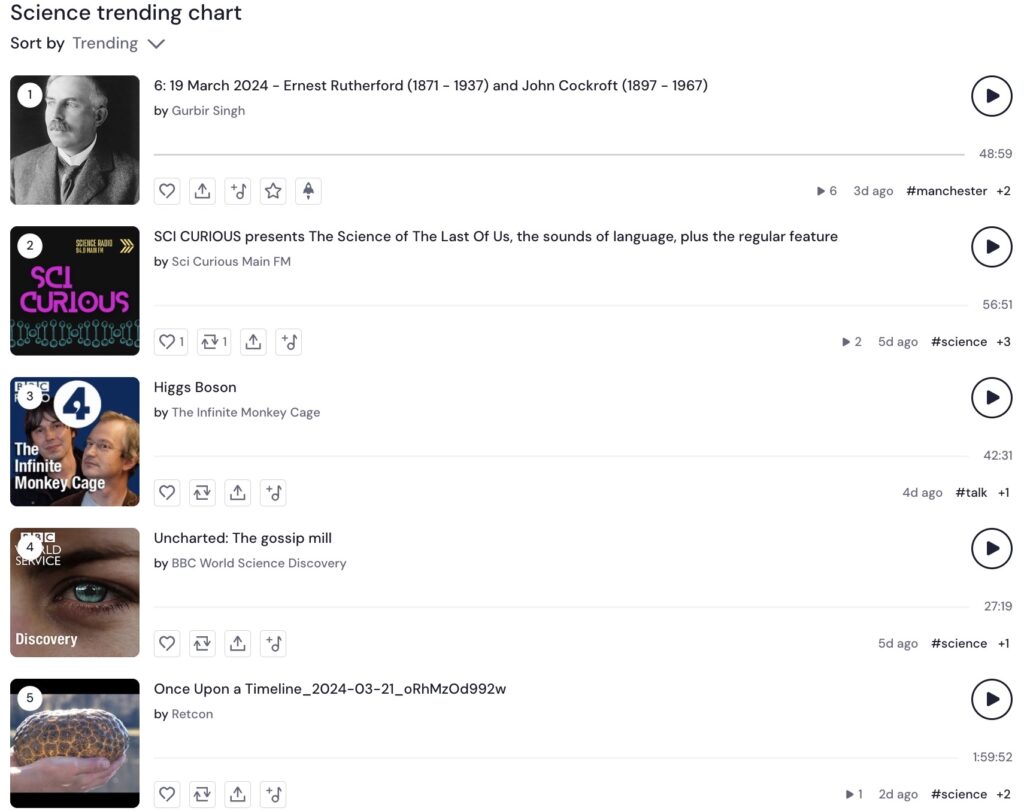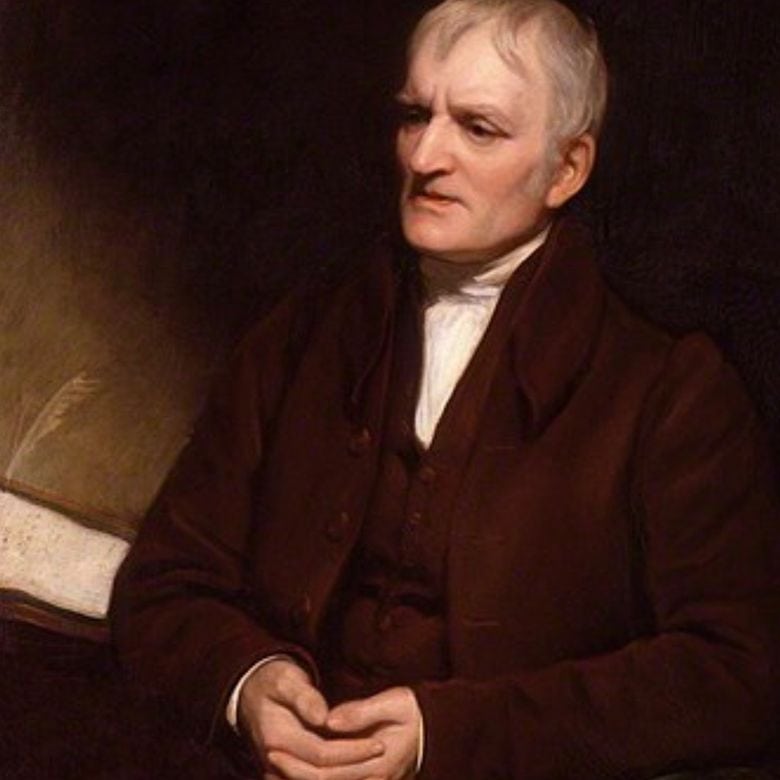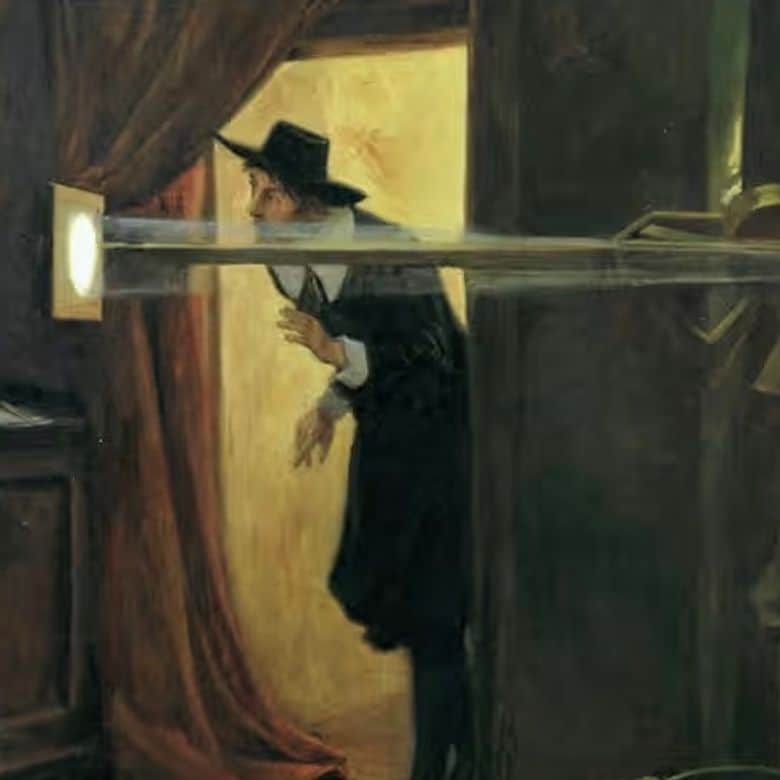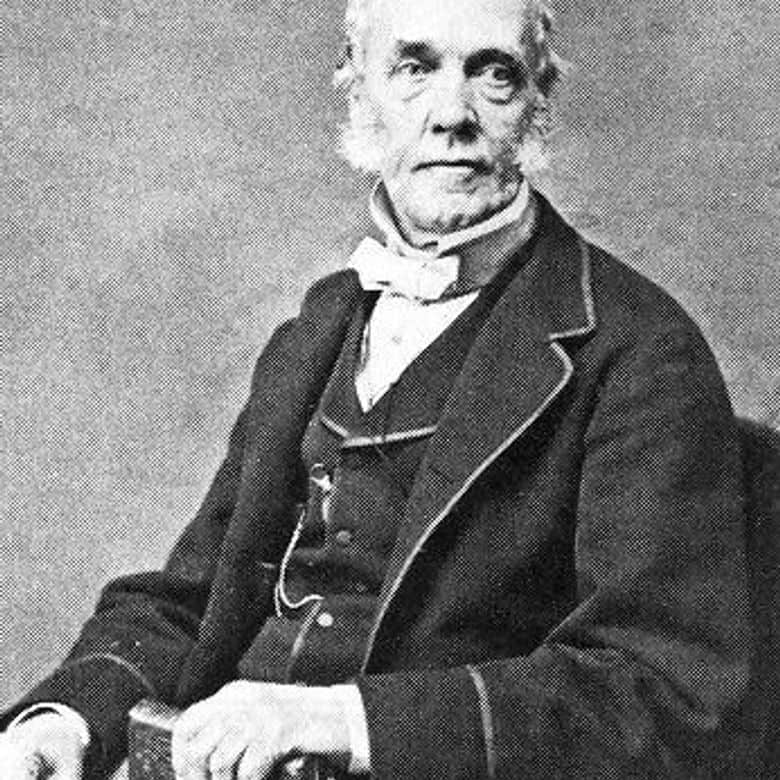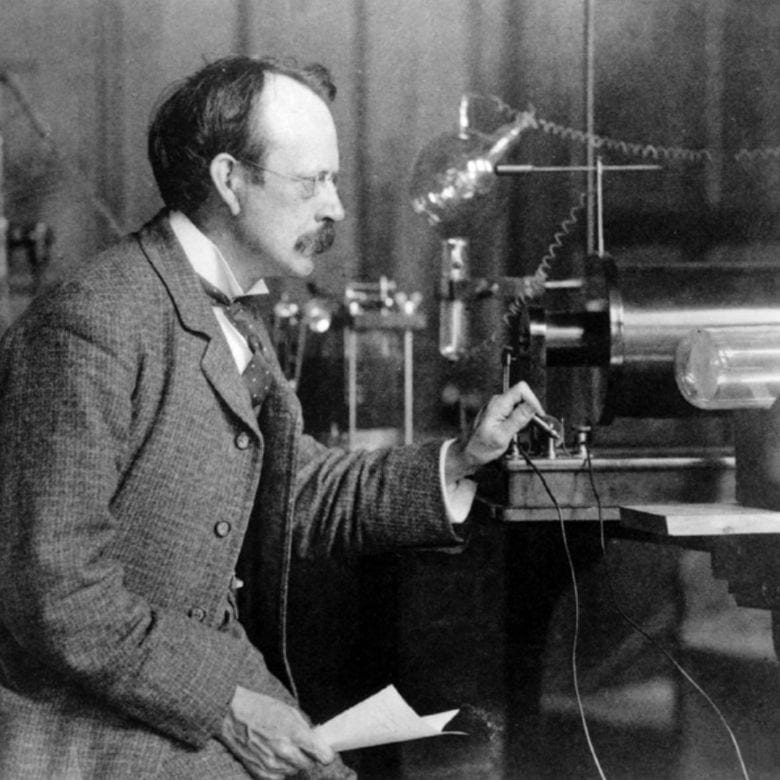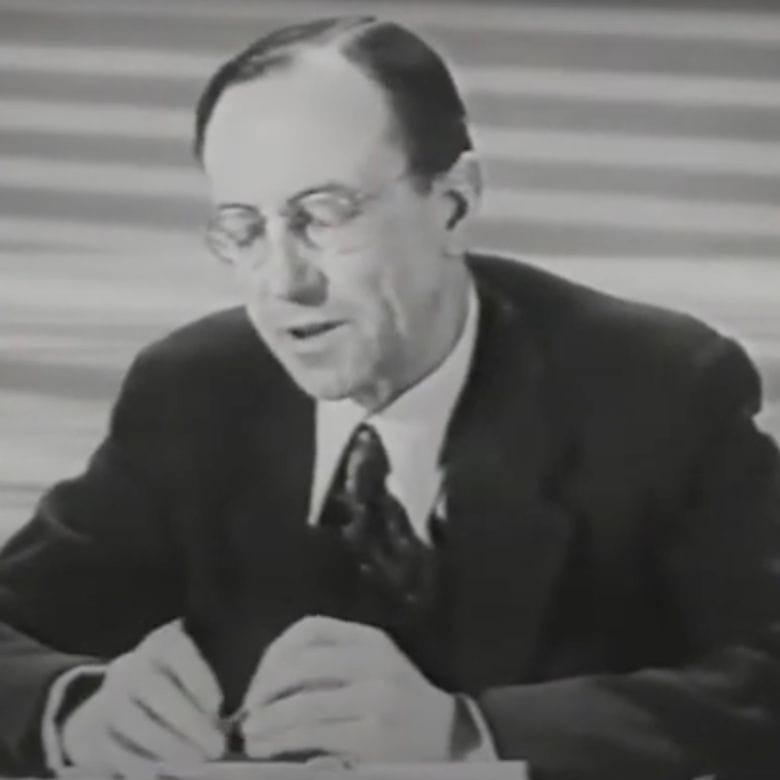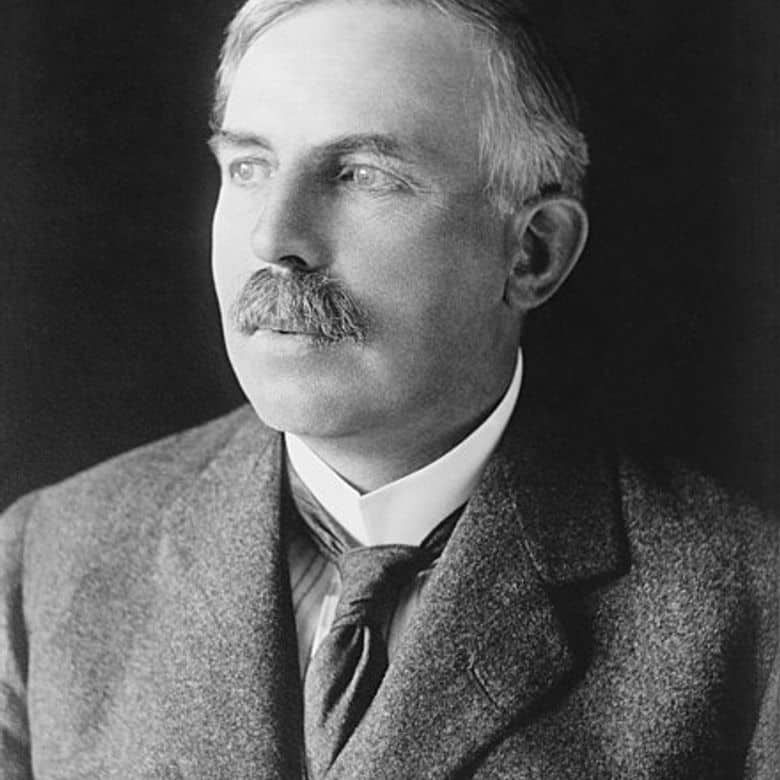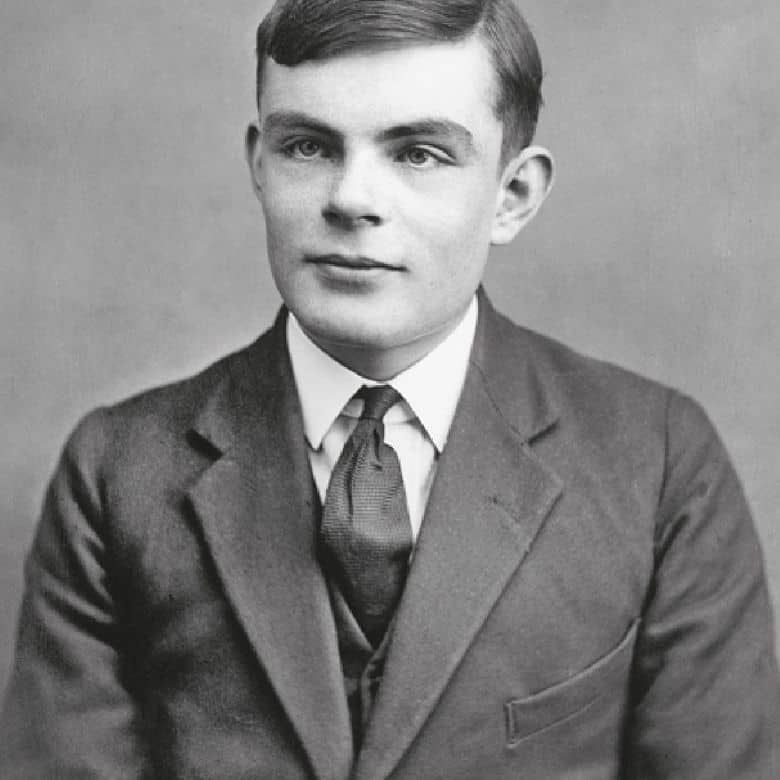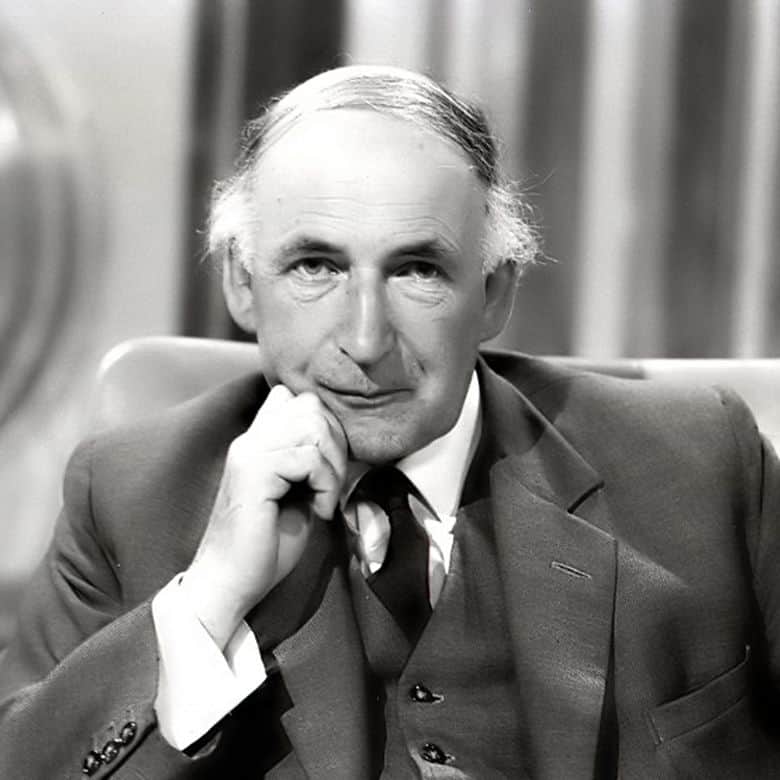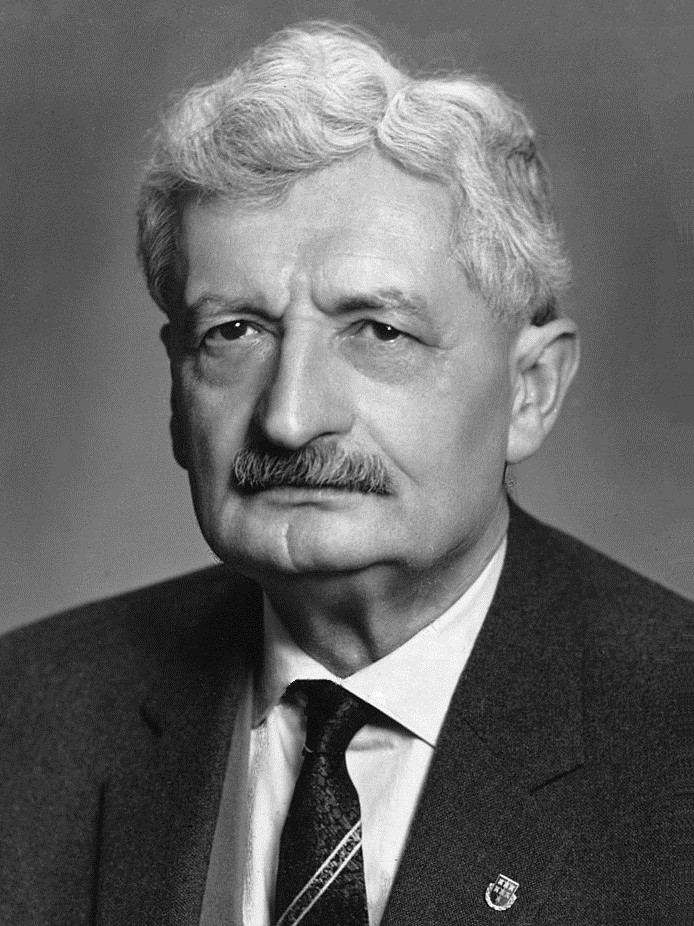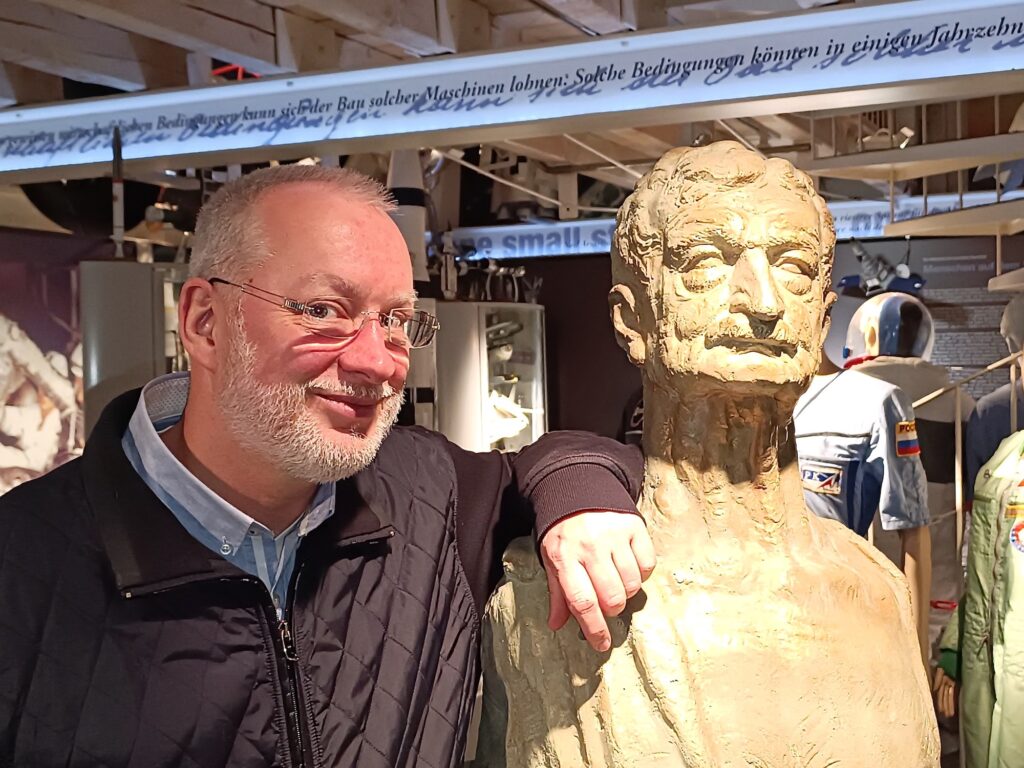This post is based on an article that will appear in the Summer 2024 edition of the Newsletter from the Open University Physics and Astronomy Society.
Out of the twelve men with personal experience of walking on the Moon between 1969 and 1972, only 4 remain. It was a unique event in human history that by chance occurred in my lifetime. Carl Sagan’s words captured this exceptional nature saying “In all the history of mankind, there will be only one generation that will be first to explore the Solar System”.
Moonwalkers: A Journey with Tom Hanks is an immersive audio-visual experience in a unique venue in the centre of London. The 50-minute show is centred on the recollection of the then 13-year-old Tom Hanks’ experience of seeing the first men to walk on the surface of another world. The script was written by Tom Hanks and Christopher Riley. Riley is a well-known author and filmmaker, specialising in documentaries on the early phase of the Space Age (i.e. First Orbit available on Youtube and Director’s Cut of Moonwalk One DVD) on Amazon.
The Space Race was a product of the Cold War and ostensibly a race between the mighty political ideologies of Western Capitalism and Eastern Communism. But when it came to the extraordinary achievement, seeing the men walk around the Moon on a tiny black-and-white screen, it transcended national identities and political ideologies. At the time, around a quarter of the USA population (53 million) and around a sixth of the global population (around 650 million) tuned in.
It will not see it Netflix, BBC or even Youtube because the immersive experience only works in a specialised multiscreen venue, like the Lightroom in London. The lightroom is like a large warehouse. During the 50-minute show, multiple projectors dynamically project multiple images on all four walls and the floor. Seating is a series of low-level cushioned benches without a headrest and standalone cushions to sit on the floor. Once the show starts – you have to look all around you – including behind you. Best not to sit too close to the front. Subtitles are included – out of the way at the top of the front wall. Taking the odd picture or video on your phone is not prohibited. I am including here a few of the images and videos I captured during my visit.
Tom Hanks, who has had a fascination with space since childhood, narrates the show. He shares his wonder of experiencing the Moon landing as a teenager. He played Jim Lovell, the commander of the aborted Apollo 13 mission, in his 1995 film – Apollo 13. He co-produced the 1998 12-part drama, From the Earth to the Moon. The series covered the space programme from the Mercury programme to the Apollo 17, the final Apollo mission and went on to win multiple nominations and awards.
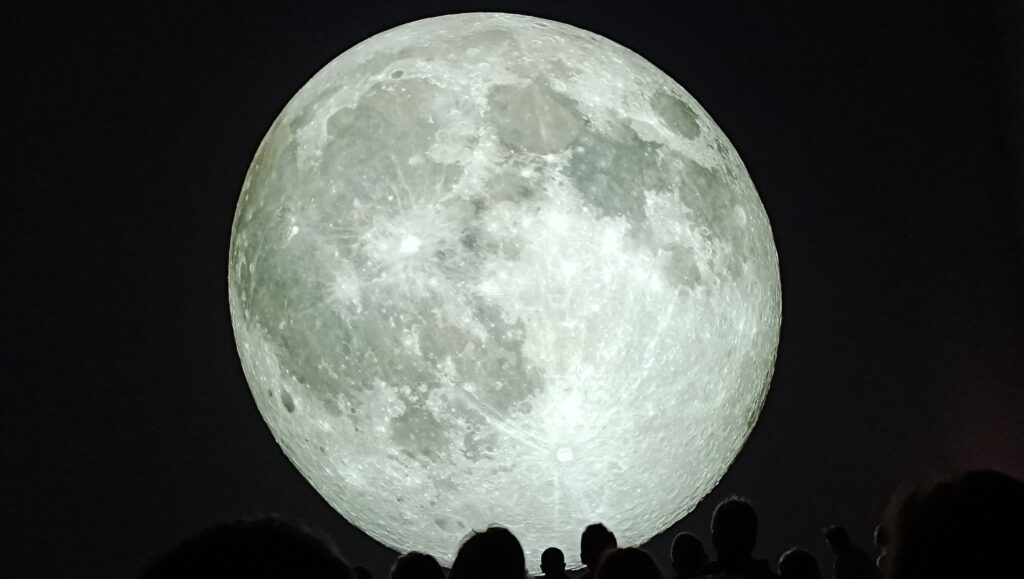

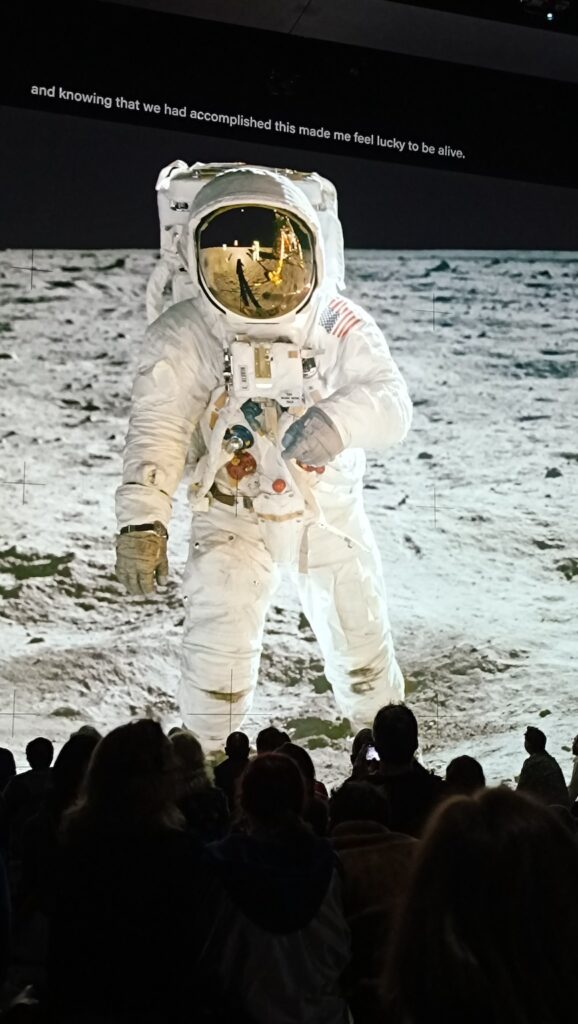

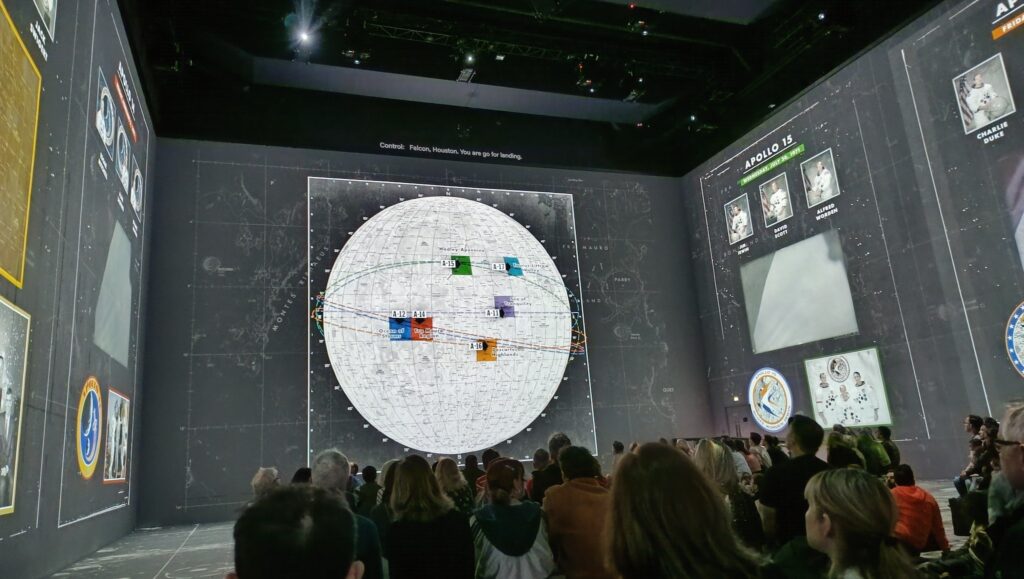

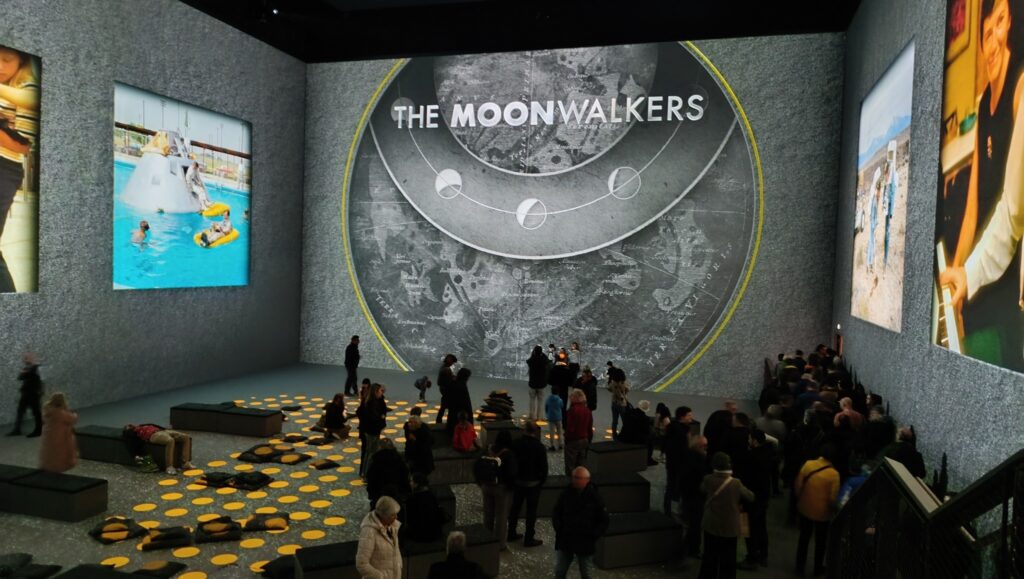
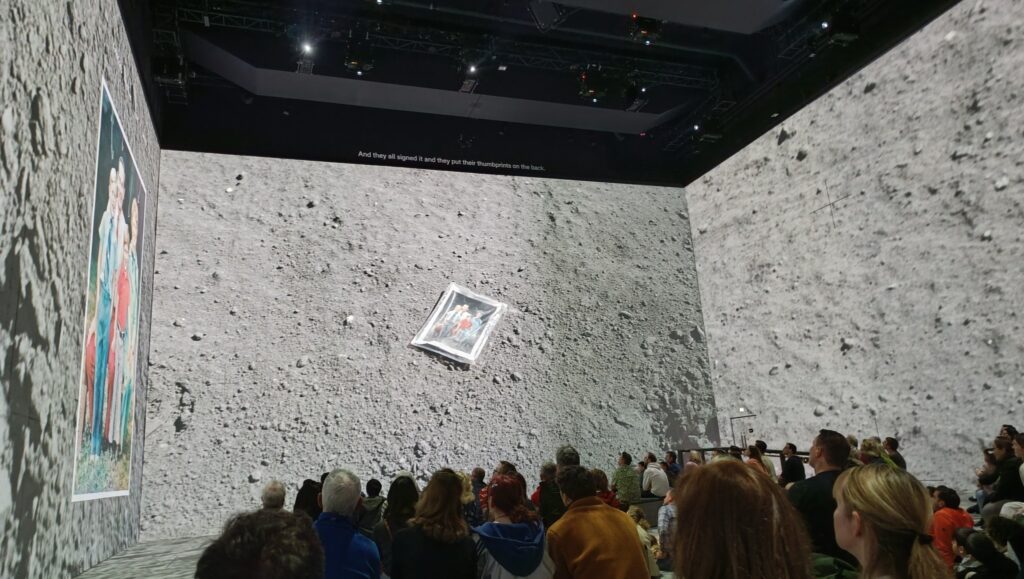
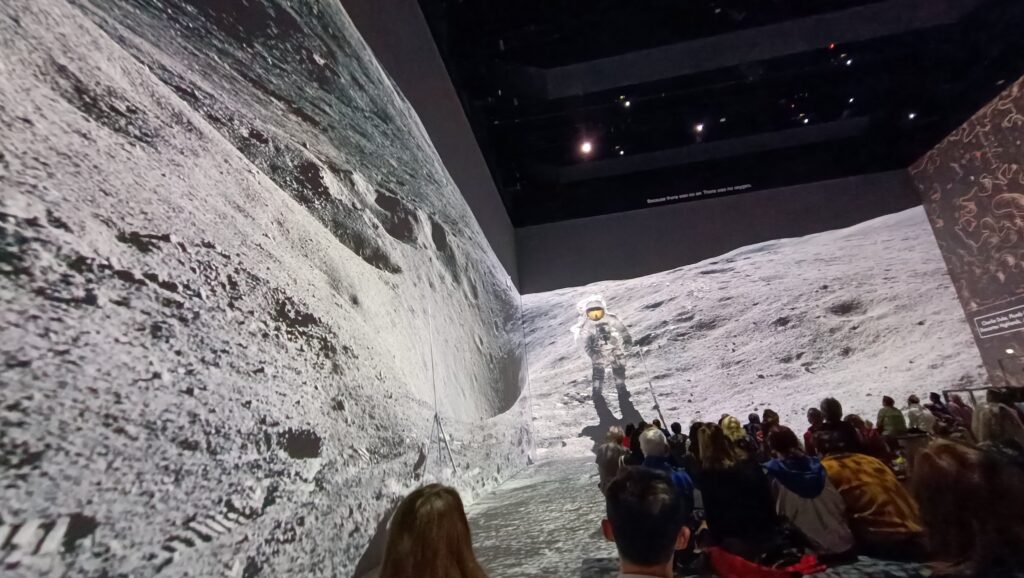

The visuals are provided by 26 Panasonic laser projectors but I felt there were many more. The high quality of the images and video was in part the contribution of Andy Saunders, author of Apollo Remastered. He is credited as a Collaborating Producer. He produced the single giant pictures that wraps around multiple walls. Despite two walls meeting at right angles, there is very little sense of distortion. In addition to the video on the main front wall, throughout the show, numerous stills of people, spacecraft and instrumentation are displayed simultaneously. Occasionally with multiple videos. It is the cumulative impact of these multiple threads of audio, stills and video that evoke the emotional response and the immersive experience.
I could not see where the speakers were so assumed they were high up in the ceiling. But not so. Lightroom London is one of three venues around the world kitted out with a German-made Holoplot speaker system. Two panels are embedded, one inside the front and another inside the back wall. Each panel has a matrix array module of 800 speakers each. A little like phased array antennas, the matrix array modules can generate multiple beams of audio, in the vertical and horizontal plane. Just as what you see depends on where you are, what you hear is also finely tuned to location. You are invited to pay once but stay for multiple screenings. If you do – try different locations within the venue. Tom Hanks’s narration, rocket launch and the specially commissioned score by the composer Anne Nikitin provide a lavish emotional experience. The speakers rumble when the Saturn 5 launches and your chest joins in.
The depiction of the Apollo 11 landing sequence was disappointing. I know footage of the descent from the Lunar Module exists but is not shown here. This was a choice to illustrate Mission Control’s limited perspective at this critical phase of the mission. I would also have liked to have seen more footage from the Apollo 13 mission, given Hanks’ back story. I felt the title – Moonwalkers, undercut the contribution of the other 12 astronauts who went to the Moon but never made it down to the surface.
I was surprised to see the long queue but then again I was attending the 4 pm show on a Saturday. I enjoyed it but that was pretty much a given. At the end of my screening, the audience clapped. So I guess most of them did too.
Currently, the Lightroom in London is the only place you can see this but there is a desire to take it elsewhere where suitable venues exist. The £25 per adult (there are concessions) entry is typical of London. But pricey for non-Londoners. They will need to consider the additional cost of travelling to London.
This is a unique opportunity to experience an exceptional achievement of the 20th century played out using 21st-century technology. It is timely. Humans from the Earth are returning to the lunar surface in in the next year or two. . For all the information and to book tickets see Lightroom.uk

